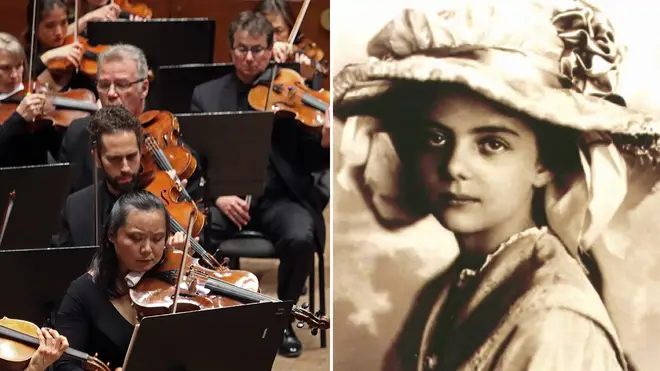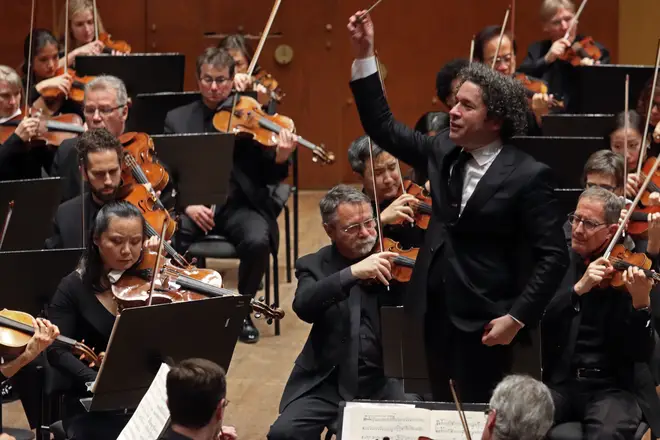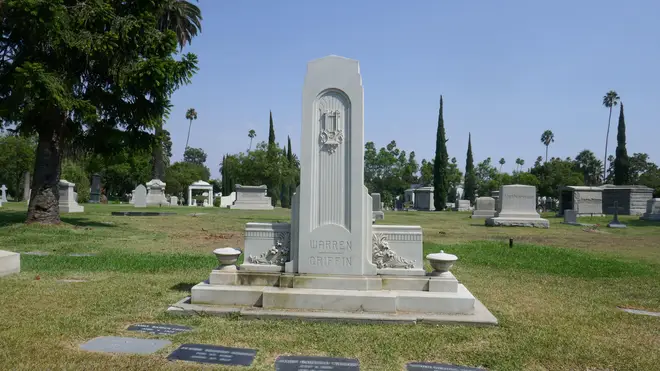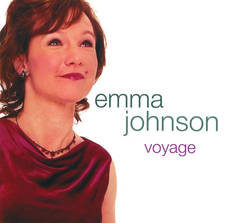The incredible story of Elinor Remick Warren, one of America’s most in-demand 20th century composers
29 July 2021, 17:12 | Updated: 30 July 2021, 09:11

Everything you need to know about the fiercely independent and endlessly creative neo-Romantic composer and pianist.
“I don’t like to be pigeon-holed,” Elinor Remick Warren said in an interview towards the end of her life. “You’re a composer or you’re not a composer, and I prefer to be known as a composer.”
Remick Warren, an American neo-Romantic composer working in the 20th century, had been asked if ‘woman composer’ or just ‘composer’ was the right epithet for her. “I’m very proud to be a woman but I don’t like to be viewed just as a ‘woman composer’,” she went on to clarify in the interview with broadcaster Bruce Duffie.
Remick Warren was a prolific composer and in-demand pianist, and a contemporary of the American composers Samuel Barber and Gian Carlo Menotti.
Always busy, she was regularly commissioned by major orchestras, conductors, choruses and performers. And she was an in-demand pianist, who performed as a soloist with the Los Angeles Philharmonic on numerous recordings, in the first half of her career.
Read more: Dorothy Rudd Moore, a trailblazing composer who established a society for Black composers

A child prodigy picking out piano melodies
Elinor Remick Warren was born in Los Angeles on 23 February 1900. Her mother, Maude, was a pianist who’d been the student of composer and piano virtuoso Franz Liszt, and her father, James, was a businessman and amateur singer.
From a young age Elinor sat beside her mother at the piano, and is said to have astonished her parents by picking out melodies on the keys, completely uninhibited. Her mother wrote these down until little Elinor was able to do so herself – which didn’t take long either.
When she was five, they got her some piano lessons. And she continued these throughout her school years with Kathryn Cocke. She later studied the instrument with pianists Harold Bauer and Leopold Godowsky, who was dubbed the ‘Buddha of the Piano’.
Remick Warren spent her early career as an in-demand pianist, touring widely as a soloist and accompanist for star Met Opera singers like soprano Florence Easton, tenor Richard Crooks, and singer-turned-actor Lawrence Tibbett. She made recordings, and she performed live, including with the LA Phil.

Studying composition with Nadia Boulanger and other greats
All the while Remick Warren’s interest in writing music never waned. She studied composition with a local composer, Gertrude Ross, and she’d had a piece published by New York-based classical music publisher G. Schirmer by the time she graduated from high school.
The accomplished composer honed her skills with the legendary Nadia Boulanger, and Olga Steeb and Frank La Forge in the US among others throughout her career.
Read more: Meet Nadia Boulanger, the inspiring woman behind the 20th century’s greatest composers
In a touching testament to her sheer success as a composer, Remick Warren once confided that her children weren’t rushing to follow in her footsteps writing music, seeing just how busy it kept her. “They said, ‘Mother, I’m never going to be a musician because you work much harder than the cleaning lady!‘, she told Bruce Duffie.
“I work all the time because I love it. I’m doing what I want to do,” the composer admitted.
What kind of music did Elinor Remick Warren compose?
Elinor Remick Warren didn’t work hard to align herself with the mainstream musical establishment in America, instead allowing herself the freedom to remain defiantly independent and not hinder her own creativity.
Penning over 200 works in her lifetime, she was demonstrably inspired by landscape and nature, and composed in a tuneful, tonal ‘neo-Romantic’ style, the same as some turn-of-the-century American colleagues were.
In her book, Unsung: A History of Women in American music, author Chrisine Ammer described Remick Warren as “the only woman among the group of prominent American neo-Romanticists that include Howard Hanson, Samuel Barber, and Gian Carlo Menotti.”

Elinore Warren: Crystal Lake
What were some of her well-known pieces?
Elinor Remick Warren composed large-scale orchestral and choral works, including The Crystal Lake, Along the Western Shore, Suite for Orchestra, and her song cycle with full orchestra, Singing Earth.
In 1936, Remick Warren’s work The Harp Weaver, for baritone soloist, chorus and orchestra, was premiered at New York’s Carnegie Hall with conductor Antonia Brico at the podium. The same year Warren composed another large-scale work, The Legend of King Arthur, which was inspired by Alfred Lord Tennyson's poem on the same subject, ‘Idylls of the King’, and premiered by the LA Phil.
Other notable Remick Warren works include The Fountain, Abram in Egypt, The Sleeping Beauty, and her 1963 Requiem, commissioned by choral conductor Roger Wagner. The Los Angeles Herald-Examiner described the masterpiece as a “devout, quietly intense work…a dignified, meditative and distinguished contribution to choral literature.”
She also wrote numerous sacred and secular choral pieces, and countless standalone songs, including the festive ‘Christmas Candle’. Remick Warren admitted to always loving and wanting to pursue singing herself, but confessed she “didn’t have a voice” for it.
And she simply loved to compose.
“You have to have inspiration to be a good composer,” Remick Warren attested. “I felt it so much that there were times when I’ve been writing – even when my children were little so I had lots of other demands – that I could hardly wait for the next day to begin working again.
“There was something I felt that was inside that I had to express, that I wanted to write. It’s always been a joyful experience for me.”
Remick Warren died peacefully in her home in Los Angeles at the age of 91, after an incredibly inspiring and fulfilled life.









































